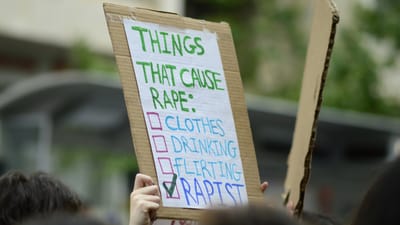For subscribers only
Subscribe now to read this post and also gain access to Jom’s full library of content.
Subscribe now Already have a paid account? Sign in
The Women’s Charter 1961 can be further improved, a lawyer argues, by awarding spousal maintenance based on fairness and not gender; and by using a gender neutral name for the Charter. But, contrary to popular belief, the maintenance provision to wives has evolved and is fair and relevant today.
Subscribe now to read this post and also gain access to Jom’s full library of content.
Subscribe now Already have a paid account? Sign in
The reaction to Chia Boon Teck’s LinkedIn post was a reminder of how far we’ve come with gender equality, and how much further we have to go.

The Singapore government’s clampdown on demonstrations related to Israel’s war on Gaza elicited imaginative ways of showing support and creating community.

Singapore’s primary education system is riddled with problems and is fundamentally unsuited to 21st century demands, writes the co-founder of an NGO calling for far-reaching reforms.

A conventional “success” story reflects on her experience in the GEP programme, and what it says about the Singaporean education system.

A primer on the structural issues that dictate the government’s approach to our CPF, our reserves, and our retirement.
Please click on the link sent to your e-mail to login to your account.